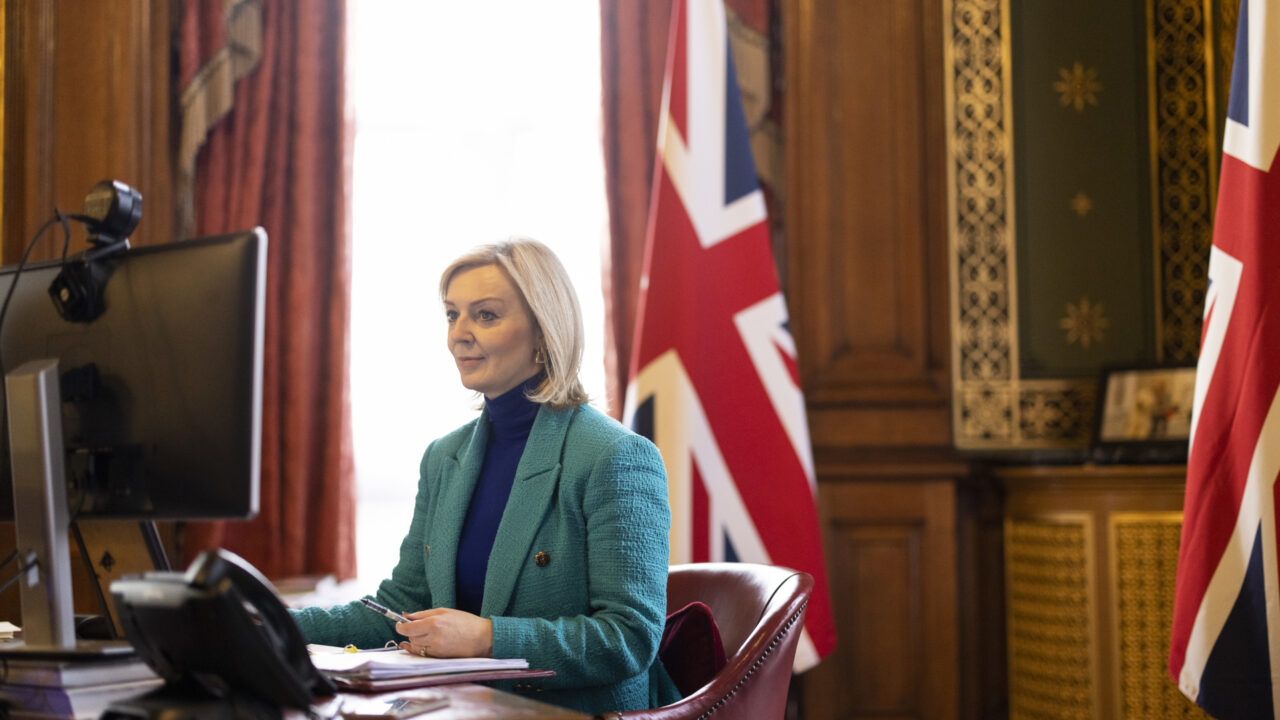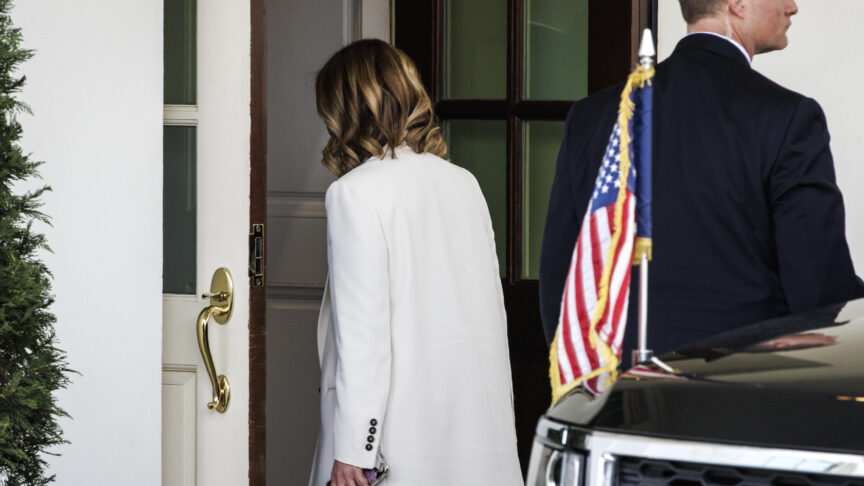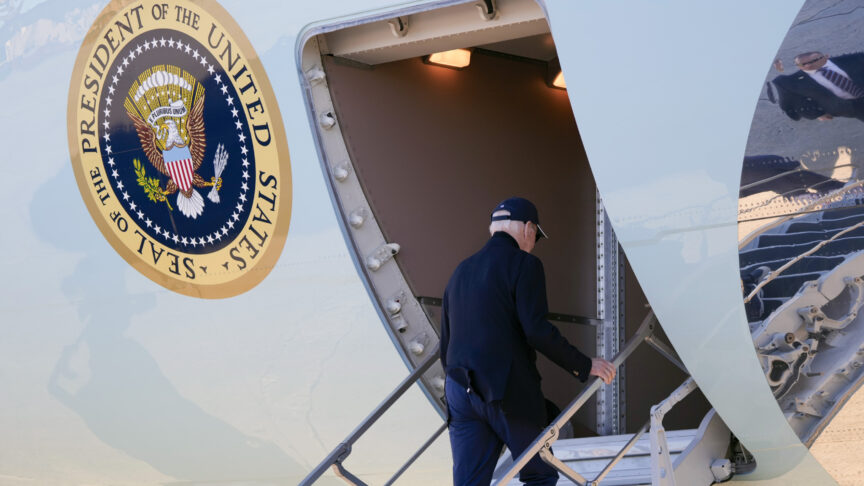Never-ending divorce: The role of UK-EU security cooperation after Brexit
The EU and the UK should begin to revitalise their relationship in policy areas that have avoided heated political debates: defence and security
For something that is supposed to be finished, Brexit still creates a lot of headlines. London and Brussels continue to clash over issues ranging from diplomatic representation to coronavirus vaccine exports – and, above all, new arrangements for Northern Ireland. For the United Kingdom, this is not a good long-term strategy. “Living next to you”, then Canadian prime minister Pierre Trudeau once told his American neighbours, “is in some ways like sleeping with an elephant. No matter how friendly and even-tempered the beast, one is affected by every twitch and grunt.” The European Union is the same kind of large beast, albeit one without the even temper. To sleep soundly next to that grumpy elephant, Britain will need to cooperate with it. The only way for the UK to truly complete Brexit is to establish a more institutionalised relationship with the EU. The alternative is a never-ending process of negotiation, confrontation, and escalation.
Liz Truss, as the UK’s new Brexit negotiator and likely a future candidate for prime minister, has a strong incentive to make a fresh start on the relationship with the EU. In this effort, she should understand that security and defence are promising areas in which to find closure in the painful EU-UK divorce. But, at the moment, neither side seems interested in developing their defence and security relationship. As has been widely noted, the UK’s 2021 Integrated Review of Security, Defence, Development and Foreign Policy barely mentions the EU. References to EU-UK relations are equally cursory in the early drafts of the EU’s Strategic Compass. Yet there is an opportunity in the fact that the sides have not politicised security and defence cooperation.
Indeed, at the EU level, such cooperation is highly technical, focusing on bureaucratic links between ministries of defence. These dynamics are evident in the relationship between Switzerland and the European Defence Agency (EDA). Despite major political turmoil in the EU-Swiss relationship, cooperation between the EDA and Switzerland has continued. As one EDA official explained, the long timelines that defence firms operate on can ensure that capability projects survive such discord.[1] Several Swiss officials have expressed enthusiasm about this, because it has allowed Switzerland to maintain at least one functional and effective channel of collaboration with the EU.[2]
In these highly technical cooperation formats, third-country status – something the UK has been particularly eager to avoid – does not have to mean second-class treatment. The only way for the UK to preserve its “recaptured sovereignty” in EU security and defence initiatives is to accept this status, as it would allow for forms of cooperation more politically acceptable to British citizens. Indeed, as shown by a recent ECFR survey, the British public would support a foreign policy that worked cooperatively with the bloc, so long as it could be reconciled with their core desire for independence and self-control.
Third-country status – something the UK has been particularly eager to avoid – does not have to mean second-class treatment
Furthermore, the EU’s approach to third countries is evolving. For instance, the EDA recently started negotiations on an Administrative Arrangement with the United States. Following the announcement of these talks, the EDA’s Ministerial Steering Board approved a document that updates the organisation’s principles for cooperation with third parties. Although these revisions have not been made publicly available, the fact that the EDA is making them signals a rapid evolution in its approach to such cooperation. The aspects of the EU’s Strategic Compass that deal with partnerships will probably revisit its ‘one size fits all’ approach to third countries’ participation in EU defence integration. The union’s compartmentalisation of, and differentiation between, partners could create arrangements that better fit with the UK’s desire for special treatment.
The EU sees most of its burgeoning security and defence sharing initiatives as involving partnerships with third countries. This creates a series of economic, innovation, and science diplomacy opportunities for the UK – especially given the country’s exclusion from the union’s Horizon 2020 programme.
Again, Switzerland provides an instructive example for the UK. The collapse of the EU-Swiss Institutional Framework Agreement resulted in Switzerland’s suspension from Horizon 2020. This, in turn, prompted the Swiss to gain an interest in EU defence initiatives as a backchannel into member states’ research and know-how. Unlike Horizon 2020, most EU defence initiatives are in the competence of not the European Commission but technical agencies or individual member states. This makes it easier for countries that have a complicated relationship with the Commission to access these initiatives. Given that science in the UK is already suffering from the consequences of Brexit, London should not turn up its nose at a chance to gain access to rapidly expanding innovation and research programmes.
Ad hoc security and defence cooperation can also provide a flexible and scalable framework of cooperation with the EU. Given that participation in intergovernmental forums has become especially important for the UK since it left the EU, the country could significantly benefit from the clauses on enhanced Common Foreign and Security Policy cooperation in the Brexit Political Declaration. The foreign policy section of the declaration states that the “High Representative may, where appropriate, invite the United Kingdom to informal Ministerial meetings of the Member States of the Union”. Therefore, the UK could take part in informal meetings of EU foreign ministers. Similarly, the “intensified exchange of information” discussed in the declaration could provide the UK with an important avenue through which to shape EU sanctions. The EU has identified sanctions as an important form of support for its international posture and its pursuit of strategic autonomy. Yet, the union’s eagerness to formalise advanced security cooperation with the UK notwithstanding, much will depend on London’s willingness to commit to such activity in the first place.
In all, the political tension between the EU and the UK places the most serious constraints on their efforts to cooperate with each other. This is why they should begin to revitalise their relationship in policy areas that have avoided heated political debates: defence and security. This is their best chance to move the relationship beyond quarrels over issues such as Channel Islands shellfish.
Technical cooperation can help rebuild trust between London and Brussels, providing a foundation for a better political relationship. Both sides of the Channel should look at defence and security as the steady opening stages of the post-Brexit marathon – not the final sprint to the finish line.
Isabella Antinozzi is a pan-european fellow at the ecfr.
[1] Author’s interview with an EDA official, London, December 2021.
[2] Author’s interview with a Swiss official, London, October 2021.
The European Council on Foreign Relations does not take collective positions. ECFR publications only represent the views of their individual authors.



